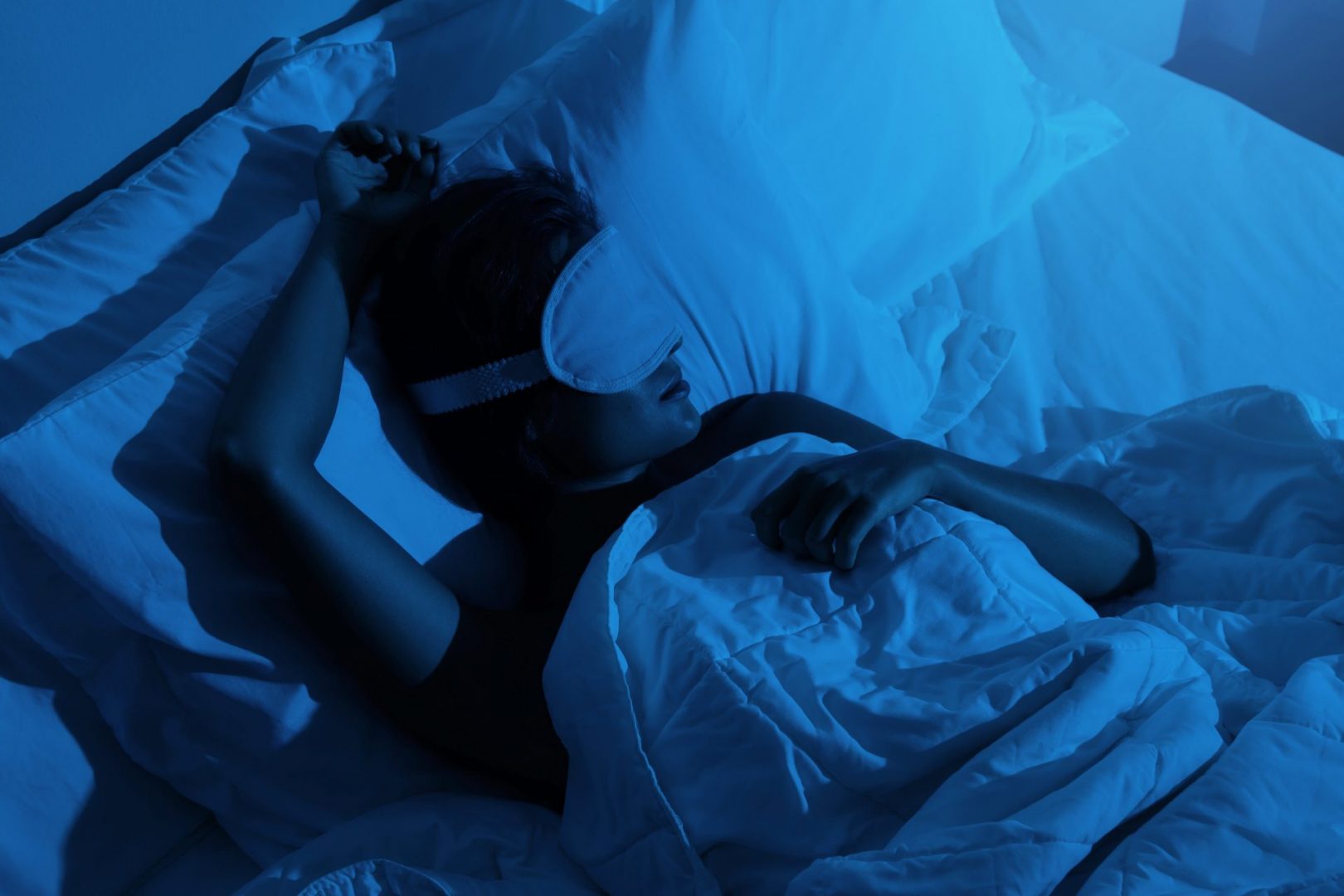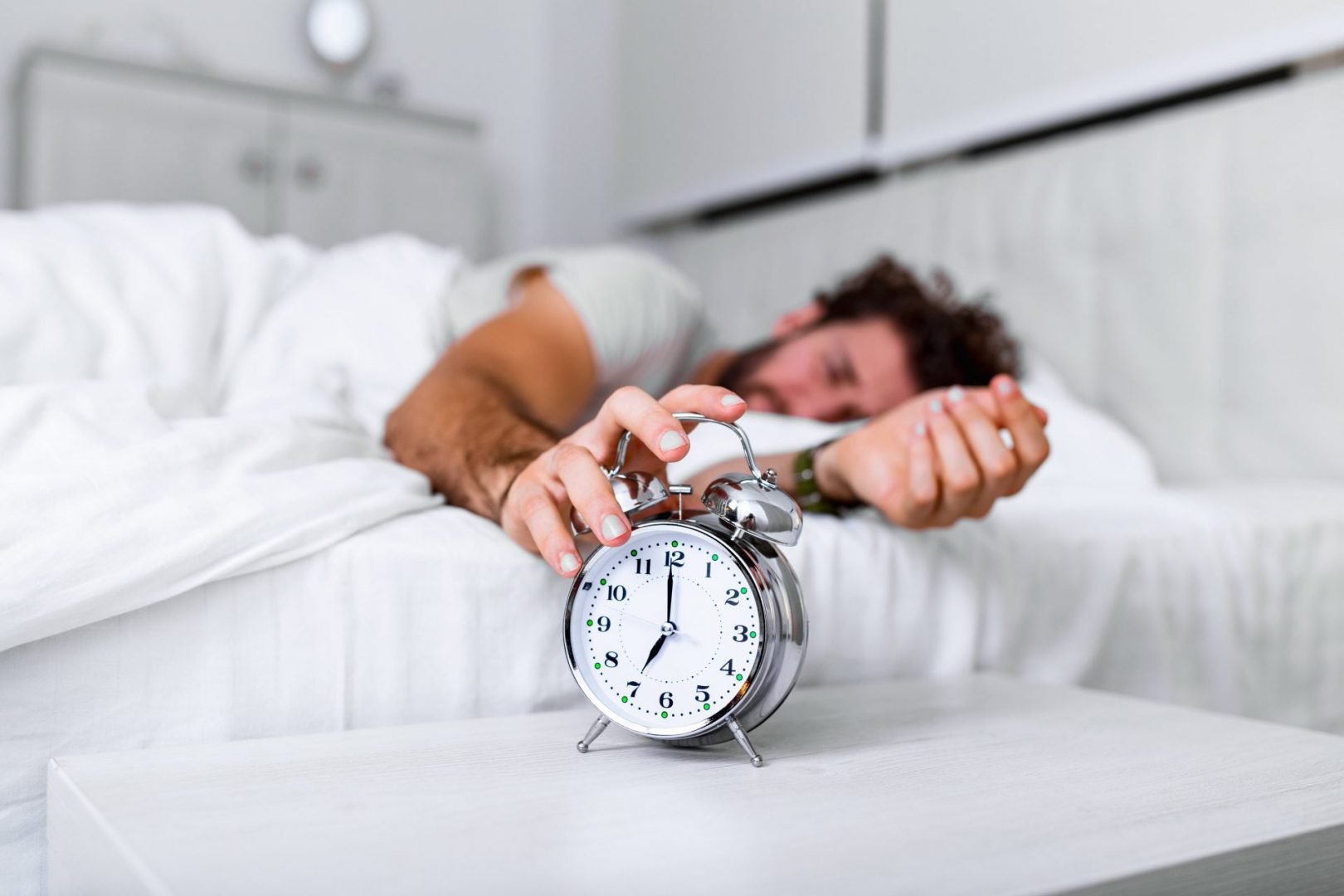In some of our conversations, the term REM sleep pops up every once in a while. We are curious about what it is. While we know that it is a stage in our sleep cycle, let’s dig deeper into REM sleep and explore what exactly happens to us during this sleep stage.
REM stands for the sleep stage that is characterized by rapid eye movement. This is the stage in our sleep in which vivid, narrative dreams occur so REM sleep is sometimes also called as “dream sleep”. During this time, our body is completely paralyzed. Voluntary muscles are at rest but involuntary muscles which control automatic operations (like breathing!) continue to operate. All the while our brain activity during this stage is almost identical to when we are awake. This means that we have a sleeping body and a wakeful brain – this is the reason why this sleep stage is also called “paradoxical sleep”.
During this stage, our breathing and heart rate are higher and more irregular compared to other sleep stages. The first period of REM usually occurs approximately 90 minutes after falling asleep. REM periods increase as the night progresses. The first episode of REM sleep during our sleep does not last more than 10 minutes while the last episode of this stage in the cycle lasts up to an hour.
During REM sleep, activation in visual, motor, emotional and autobiographical memory regions of the brain is high. However, regions that control rational thought are deactivated compared to the otherwise active brain during this stage.
Why is REM sleep important?
REM sleep supports a variety of functions and processes that are crucial for our mental health and cognitive abilities. During this stage, concentrations of the stress and anxiety triggering chemical called noradrenaline are shut off within the brain. Meanwhile, the emotion and memory related structures (amygdala, hippocampus) of the brain are reactivated. This enables the reprocessing of upsetting memories/ experiences in a stress-free state. Hence, REM sleep along with content specific dreams, helps us dissolve the emotional charge that comes from painful/ traumatic moments that we may have experienced during the day. REM sleep and content specific dreams help us heal emotional wounds.
REM sleep also supports the fusion and the blending of new and old information which helps us boost our creativity and problem-solving skills. Moreover, positive contributions of REM sleep and REM density have been found for cognitive performance.
What are the problems that may occur during REM Sleep?
Alcohol has shown to suppress REM sleep. The metabolization of alcohol is accompanied by the production of chemicals (aldehydes and ketones) which block REM sleep and deprive us from its valuable functions at night.
As mentioned, the brain paralyzes the body during this stage. In normal cases, when we wake up and return to consciousness, the brain releases the body from the paralysis immediately. However, in cases of narcolepsy (a sleeping disorder), the paralysis prolongs into the state of being awake. This leads to an inability to move your body – not even your eyelids or your mouth. However, within a few minutes, the paralysis should cease and full body control should be regained.
Paralysis, however, is not unique to people who suffer from narcolepsy, but can also occur among healthy individuals. Generally, paralysis does not pose any worrying risks. However, if you notice that it occurs regularly or you feel like it is getting worse, it is best if you see your doctor.
Until now, it has not yet been fully understood why paralysis develops but it has been linked to other sleeping disorders or irregularities like insomnia, disrupted sleeping patterns due to work shifts or jetlag, PTSD, anxiety and panic disorders. A regular sleep rhythm, following measures that promote a good sleep, and adhering to sufficient sleep duration are some steps that can help prevent paralysis.
Now that you know why REM sleep is so important and learned about some of the problems that may occur during this sleep stage, we encourage you to try employing better sleeping habits. Sleep is an essential part of our day to day and we need to give it attention in the same way we give our wakeful activities attention.
REFERENCES:
Aakash, K. P., Reddy, V., & Araujo, J. F. (2020). Physiology, Sleep Stages. https://www.ncbi.nlm.nih.gov/books/NBK526132/
Feinberg I, Koresko RL, & Heller N. (1967). EEG sleep patterns as a function of normal and pathological aging in man. Journal of Psychiatric Research. https://doi.org/10.1016/0022-3956(67)90027-1
https://www.nhs.uk/conditions/sleep-paralysis/
Walker, M. (2017). Why We Sleep. Unlocking the Power of Sleep and Dreams.





